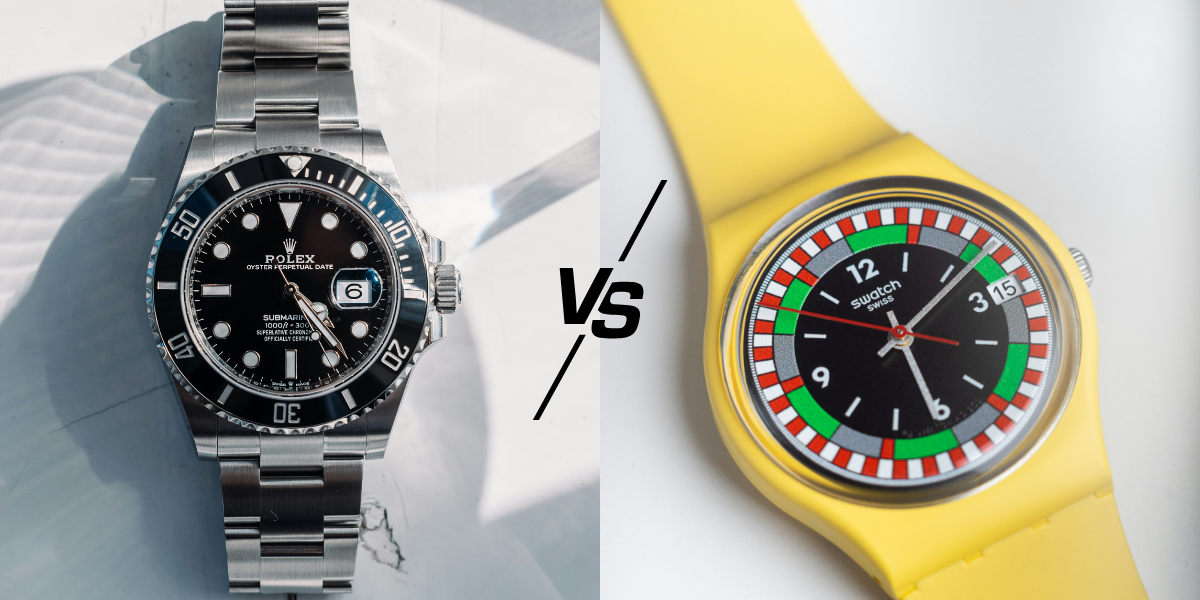The importance of traceability in fashion
When it comes to fashion, I’m taking a more considered approach around who I buy from and how the products are made. I'm on a mission to find and follow independent sustainable brands that fit my ethos.

Over the past couple years I have become more conscious of the environmental and social impact of the purchases I make - both for myself and our home.
When it comes to fashion, I’m taking a more considered approach around who I buy from and how the products are made. I’ve deleted all the apps off my phone (Sorry ASOS, Zara, and H&M!), and went on a mission to find and follow independent sustainable brands that fit my ethos.
It’s both hard and easy for a small, independent brand to have better, and more sustainable, business practices. They can be agile and nimble with business decisions, can act quickly and implement changes they want to see, and that fit with their core values. On the other hand, they don’t have the substantial budgets of the big brands, so ensuring the best sustainability outcomes has a bigger impact on their bottom line.
Our goal with LAYBL is similar to the independents - be agile, nimble, and stick to our core values. We wholeheartedly believe that every brand should be on LAYBL, so we have made it accessible to any brand, no matter what size or budget.
Product traceability is the process of tracking a piece of clothing from its origin all the way to the point of sale. It's an essential tool for clothing brands to understand the full lifetime value of what they produce. By tracking the garment's journey, brands can get a better understanding of its environmental and social impact, from the raw materials used to its end-of-life disposal.
But product traceability isn't just about sustainability. It's also a powerful tool for building deeper connections with customers. When a brand can share the story of a garment's journey, it creates a sense of transparency and authenticity that today's consumers crave. Knowing that their clothes were produced ethically and sustainably, and that they can trace their journey, helps build trust and loyalty with customers.
In a world where fast fashion is often the norm, product traceability allows brands to differentiate themselves by demonstrating their commitment to transparency and sustainability. It shows that they care about the impact their products have on the planet and the people who produce them.
And it's not just customers who benefit from product traceability. By understanding the full lifetime value of what they produce, brands can make better-informed decisions about everything from sourcing materials to designing products. It allows them to identify opportunities to reduce waste, improve efficiencies, and ultimately, create more sustainable and responsible supply chains.
Join our community
Stay in the loop and subscribe to our newsletter.




